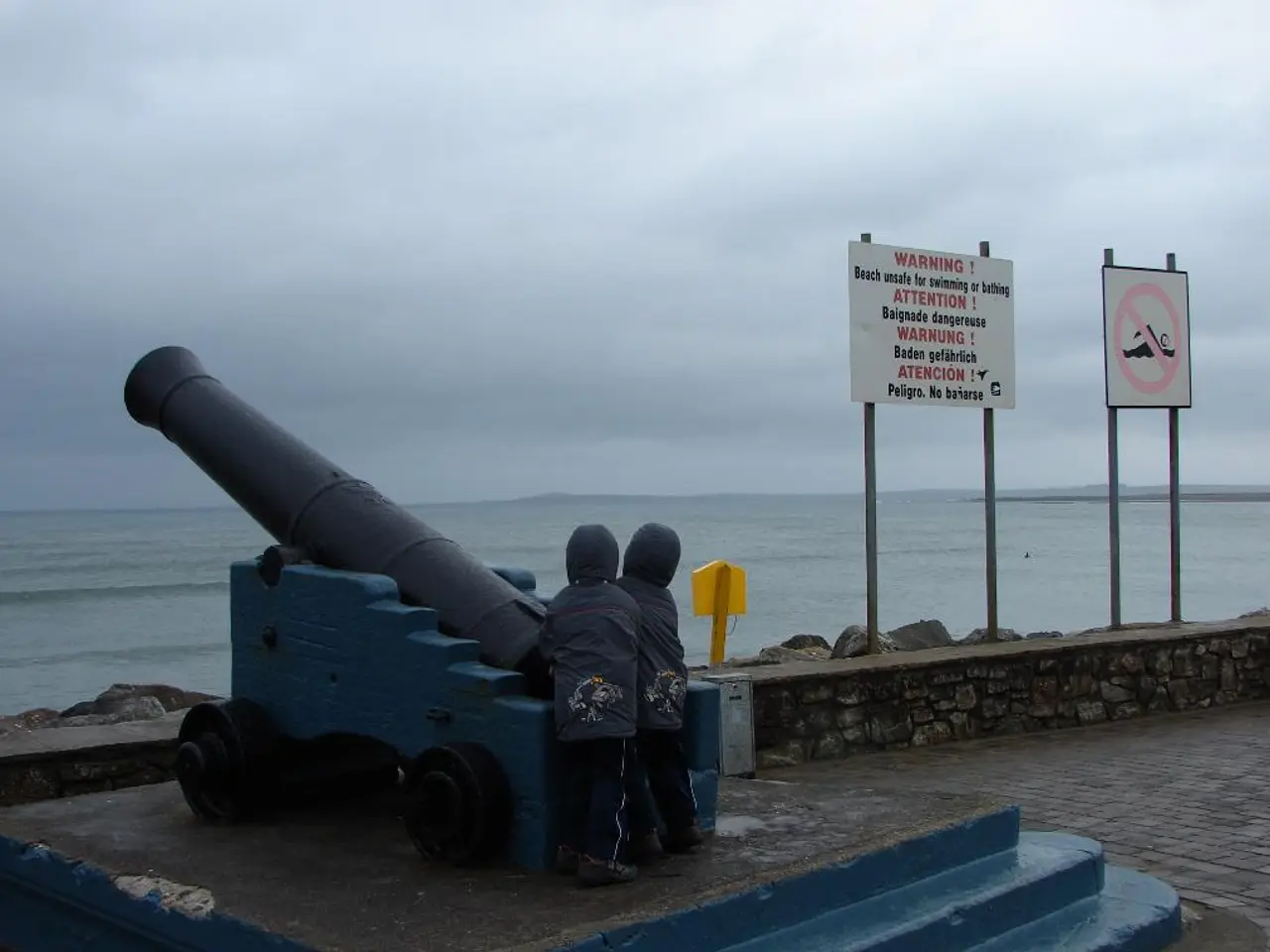Expansion of The Paragon Case Reveals Involvement of Dagospia's Founder, Roberto D'Agostino, Among the Suspected Spies
Tales From Italy - The Paragon Fiasco, an Italian Spy Tale
The show's about to kick off next week. For now, the investigation's under wraps, focusing on unknown individuals for illegal access to computer systems and potential breaches of telecommunications. The Italian Journalists' Union and the National Press Federation will have their own tech whizzes inspecting the devices.
"Italian gossip to castor oil: Dagospia spied on!" reads the headline on Dagospia, with the investigation growing like wildfire, amidst a deafening silence. After Francesco Cancellato, head honcho of Fanpage, landed in hot water for being spied on with the Paragon software for half a year, Dagospia boss Roberto D'Agostino and his crew also find themselves embroiled in the shadowy tales of Rome and Naples.
Amidst allegations of spying, the investigative committee, Copasir, spotted that international spy agencies were keeping tabs on activists of the advocacy group Mediterranea Saving Humans. Yet, the key question remains—who was spying on the journalists?
There's political uproar. Matteo Renzi, head honcho of Italia Viva, takes a jab: "The illegal spying scandal grows with each passing day." He tweets: "I might not be a fan of Roberto D'Agostino, and I've had my fair share of arguments with him. But when Dagospia's spied on, and the Italian government stays mum, we're looking at a seriously dodgy situation. In democracies, journalists don't get spied on, am I right? If news outlet bosses are targeted, we're no longer talking about a democracy. Silence is deafening again, it seems."
Europarliamentarian Sandro Ruotolo, info guru for the PD secretary, Debora Serracchiani, and PD group leader in the Justice Commission of the Chamber, Stefano Graziano, add their two cents: "Enough is enough! Prime Minister Meloni and Undersecretary Mantovano need to open up. If Italian intelligence services are innocent of spying on journalists, the government should tell us who did it. Who had access to their phones? Who installed the spyware? And why? The case isn't over, it's growing."
The Paragon scandal involves Israeli-made Paragon spyware, or Graphite, allegedly used by Italian state entities against journalists and activists. Despite government claims of legal surveillance of migrant activists, this software was also used to hack critical journalists, suggesting a broader misuse.
To set the record straight, there's no official confirmation of who ordered the spying. The scandal continues to unfold in Italian courts.
The average Italian citizen might find themselves wondering about the government's general-news policies, as the crime-and-justice scenario involving the Paragon Fiasco escalates, with allegations of Italian journalists being spied on. This situation has led some politicians, like Matteo Renzi, to question the democracy's integrity, emphasizing that such actions against journalists are unacceptable in a democratic society.




